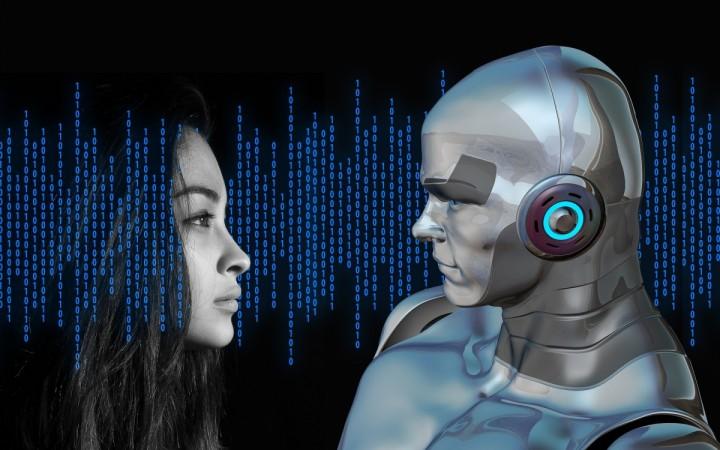
In stark contrast to the growing consensus that Artificial Intelligence (AI) will cause massive job losses in the near future, Gartner said in a new report that AI will create 2.3 million jobs by 2020 while eliminating 1.8 million.
The number of jobs affected by AI will vary by industry. Healthcare, the public sector and education are expected to see continuously growing job demand through 2019 while manufacturing will be the worst affected industry during the period.
However, AI-related job creation will cross into positive territory starting in 2020, reaching two million net-new jobs in 2025. Although AI is said to eliminate millions of middle and low-level positions, it is also expected to create millions of more new positions of highly skilled, management and even the entry-level and low-skilled variety, the report said.
"Unfortunately, most calamitous warnings of job losses confuse AI with automation -- that overshadows the greatest AI benefit -- AI augmentation -- a combination of human and AI, where both complement each other," Svetlana Sicular, Research Vice President at Gartner, said in a statement.
The market research and advisory firm also predicted AI's impact on the workplace. According to it, one in five workers engaged in mostly non-routine tasks will rely on AI to do a job by 2022.

"Using AI to auto-generate a weekly status report or pick the top five e-mails in your inbox does not have the same wow factor as, say, curing a disease would, which is why these near-term, practical uses go unnoticed," Craig Roth, Research Vice President at Gartner, said. "Companies are just beginning to seize the opportunity to improve non-routine work through AI by applying it to general purpose tools."
Although efforts of multi-channel retailers to replace sales associates with AI are likely to be unsuccessful over the next four years, cashier and operational jobs will be disrupted, Gartner said.
The report also predicted that in 2021, AI augmentation will generate $2.9 trillion in business value while also recovering as many as 6.2 billion hours of worker productivity.
"Rather than have a machine replicating the steps that a human performs to reach a particular judgment, the entire decision process can be re-factored to use the relative strengths and weaknesses of both machine and human to maximise value generation and redistribute decision making to increase agility," Mike Rollings, research vice president at Gartner, said.
A recent report by IT and consulting firm Capgemini, which reviewed responses of nearly 1,000 companies from nine countries, also had some AI-friendly results to share. According to the report, 89 percent of the respondent organisations believed that AI would make complex jobs easier while 88 percent of them believed that intelligent machines would coexist with humans within their businesses.
"AI can take on repetitive and mundane tasks, freeing up humans for other activities, but the symbiosis of humans with AI will be more nuanced and will require reinvestment and reinvention instead of simply automating existing practices," Rollings added.















